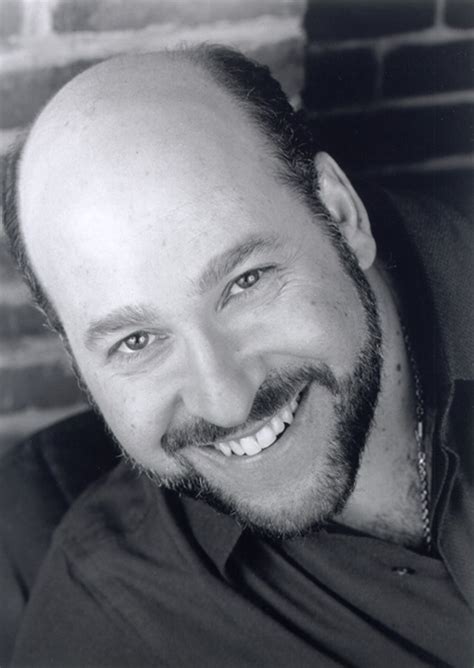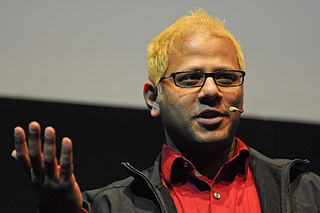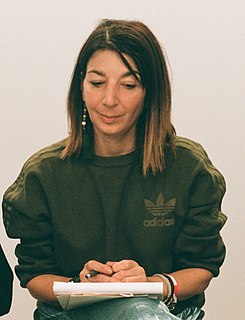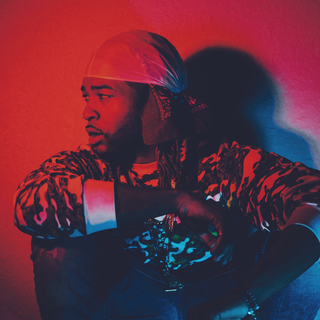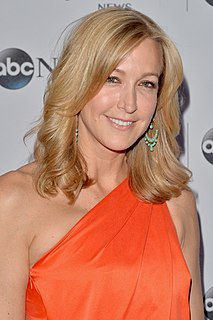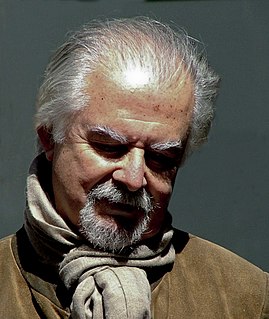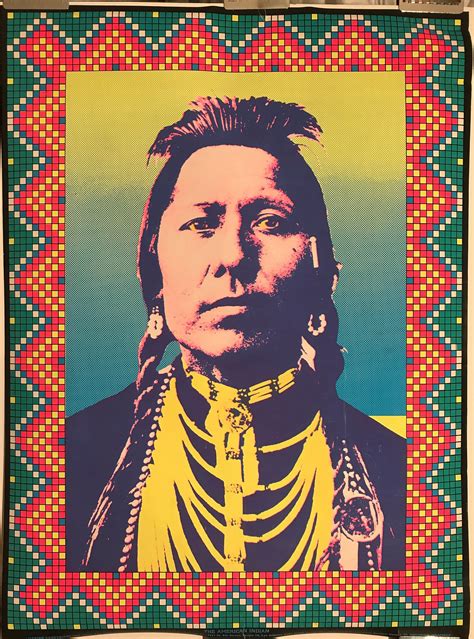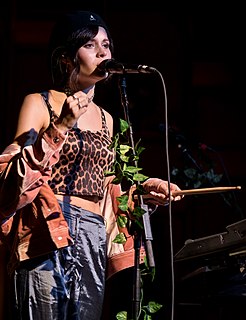A Quote by Garth Brooks
I spend most of my time at concerts hoping for that one second that the artist looks at me, I look at the artist, and that's when I get to say, 'Thank you.'
Related Quotes
I think the role of the artist today is about being provocative. I don't mean shocking, but you have to provoke people into action. As an artist, you ask people for their time. It's the most precious thing anyone has. I'm asking audiences to come to my work and spend some time with it. What I'm really doing, of course, is asking people to take time for themselves.
Why was the painting made? What ideas of the artist can we sense? Can the personality and sensitivity of the artist be felt when studying the work? What is the artist telling us about his or her feelings about the subject? What response do I get from the message of the artist? Do I know the artist better because of the painting?
I began to wonder - I knew I was an artist or wanted to be one - but I was wondering whether I really was an artist. I was doing such ordinary things that I could feel the difference. Most people would look at those things and say, 'Well, that's nothing. What did you do that for? That's just a wreck of a car or a wreck of a man. That's nothing. That isn't art.' They don't say that anymore.
As an artist, illustrator, and photographer, most of my daily work was formed around the Art & Entertainment business, which was about packaging ideas that looked like they were crafted as artist ideas. In the distributed products, my artist credit was hidden inside the package of the artist or entertainment personality.
It was the most beautiful thing I'd ever seen. How the artist captured the light, the details of my mother's dimples, the joy in my father's eyes, all through gentle strokes from his palette. The artist made me look alive when I felt lonely and grim inside. That's the way this man saw me. I decided then that that's what I wanted to do

